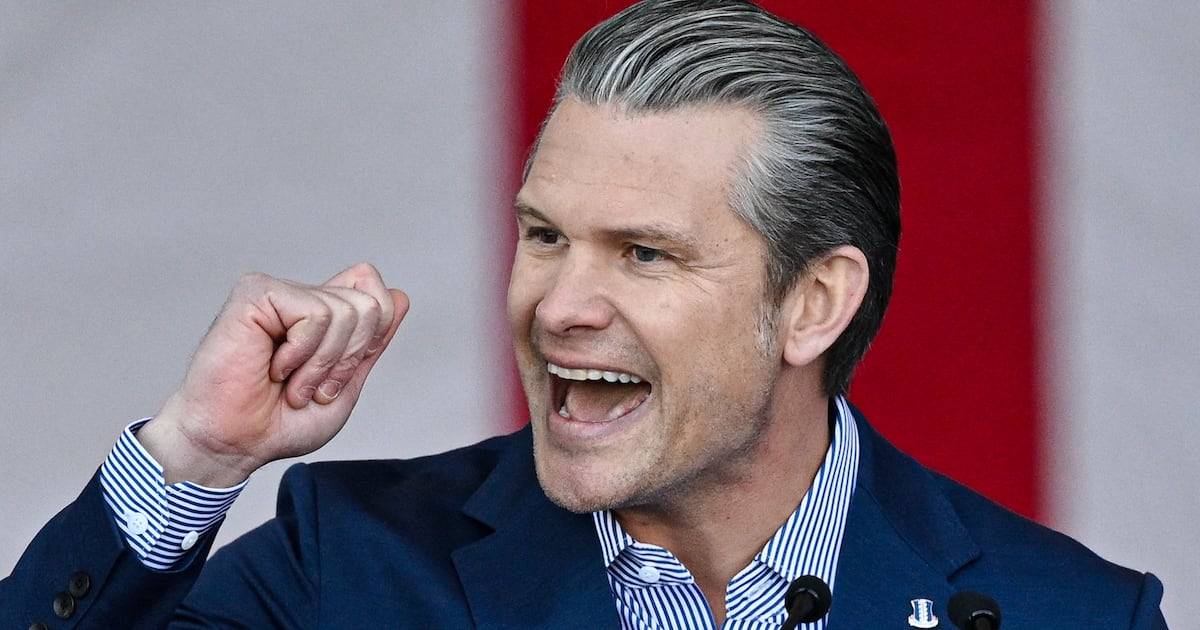The summer of 2012 will forever be remembered as a point of no return. It’s when Hollywood’s ugliest fears were made manifest, and the rules of movie-going were rewritten in much the same way 9/11 forever changed commercial air travel. In a season usually associated with bombastic blockbusters and that singular summer cocktail for sweet relief—Dr. Pibb and Red Vines in an air-conditioned auditorium on a blazing hot day—a deranged gunman burst into a packed screening of The Dark Knight Rises, killing 12, injuring 58 others, and forever shattering any sense of security that multiplex-goers had felt.
But even while that off-screen tragedy has managed to overshadow everything in its wake, each year the hottest season comes packed with moviedom’s most expensive titles and Hollywood’s highest-stakes rolls of the dice. In spite of the senseless bloodshed in Aurora, 2012 has been a banner year for both surprise winners and total fiascos.
With a tinge of fall in the air and popcorn movie season officially ending on Labor Day, The Daily Beast looks back at the biggest movie hits, worst flops and career-killing screw-ups from summer 2012.
Winners
1.The Avengers: Marvel Studio’s comic-book hero battle royale arrived with sky-high expectations, a $220 million budget, and a cavalcade of A-list stars, including Robert Downey Jr., Samuel L. Jackson, and Scarlett Johansson. It ended up surpassing even the most optimistic projections to become a kind of black hole at the box office, exerting a gravitational pull that sucked in huge audiences for weeks and leaving little market share for the films it competed against. The Avengers notched the highest opening weekend gross of all time and went on to take in a staggering $1.5 billion around the world.
2. Ted: An R-rated comedy about a Boston dude (Mark Wahlberg) living with a hard-drinking, coke-snorting teddy bear, Ted is a film nobody in Hollywood could have predicted would boast thunder-stealing ticket sales. The film, directed by Family Guy creator Seth MacFarlane (who also voiced Ted), scored one of the best debuts for any raunch comedy since The Hangover. And to date, the humbly budgeted Ted has grossed a whopping $370 million.

3. Channing Tatum and Magic Mike: Loosely based on its marquee star Tatum’s real-life experiences working as a stripper, the Steven Soderbergh-directed dramedy opened to mixed reviews in June. But thanks to the campy appeal of its hunky male exotic dancer protagonists (including Matthew McConaughey and Matt Bomer), strong word of mouth and an audience that skewed heavily female and gay, the movie became a surprise hit. Costing a mere $7 million to make, Magic Mike cleaned up with $113 million at the box office.
4. Beasts of the Southern Wild: Summer’s lone prestige film, Beasts became a breakout hit at this year’s Sundance Film Festival, where it won a Grand Jury Prize. And its distributor, Fox Searchlight Pictures, intended the shoestring indie as summertime counter-programming to the usual popcorn stuff: movies about marauding aliens and muscle-bound superheroes. The minutely-observed, deeply-felt supernatural drama, about a little girl (newcomer Quevenzhané Wallis) navigating the Louisiana bayou after her father becomes mysteriously ill, enraptured critics, leading to the year’s earliest Oscar buzz for Wallis and director Benh Zeitlin.
5. Wes Anderson and Moonrise Kingdom: Writer-director Anderson’s status as an idiosyncratic auteur was never in dispute. But his bankability in Hollywood appeared to be on the line after two previous flops (The Fantastic Mr. Fox and The Life Aquatic With Steve Zissou) and a poorly reviewed break-even film (The Darjeeling Limited). Kingdom, a childhood romantic drama with a star-studded ensemble cast that includes Bruce Willis, Edward Norton, and Frances McDormand, would be his redemption. The oddball $16 million film hauled in more than $57 million worldwide.
Losers
1.Battleship and Taylor Kitsch: The $209 million schlock-action flick ran aground on its opening weekend, bringing in a lackluster $25.1 million and eventually grossing a paltry $65 million domestically—one notable casualty of The Avengers’ multiplex dominance. Battleship also marked the second of what would be three consecutive flops for its co-star, Taylor Kitsch (with Disney’s quarter-billion dollar fiasco, John Carter, and Oliver Stone’s druggy thriller, Savages rounding out his trifecta).
2. Tie—Abraham Lincoln: Vampire Hunter and Total Recall: One film is a loopy, quasi-historical re-imagining of the 16th American president’s early life in which he fearlessly kills undead bloodsuckers. The other: a big-budget reboot of the Arnold Schwarznegger 1990 action classic, starring Colin Farrell. While both films were heavily hyped at San Diego’s Comic-Con, and seemed destined in the months leading up to their respective releases to make a splash with the fanboy legions, they failed to connect, and barely broke even at the box office; Total Recall and Abraham Lincoln flopped by Hollywood’s relative standards when nine-digit marketing budgets are factored into the films’ costs.
3. Kristen Stewart: The word “trampire” was invented especially to reflect Twi-Hards’ deep displeasure with K-Stew. Upon discovering she had cheated on her longtime boyfriend and Twilight franchise co-star, Robert Pattinson, to canoodle with the director of her summer hit, Snow White and the Huntsman, Rupert Sanders, fans revolted and have hanged and quartered the actress in the court of public opinion. And no matter Stewart’s public apology for her “momentary indiscretion,” even a leave-K-Stew-alone letter from Jodie Foster couldn’t stanch the hate parade.
4. Paramount: Once the top studio in Hollywood, Paramount fell to the back of the pack by going on summer hiatus and not releasing a single movie during filmdom’s most lucrative summer season. In May, a month before the studio was set to release G.I. Joe: Retaliation, a $185 million third installment of its popular G.I. Joe franchise, Paramount executives decided to punt its release date to March 2013, ostensibly to convert the movie into 3D. But industry watchers perceived the move as a face-saving measure by Paramount; by pulling Retaliation out of a marketplace cluttered with similarly big budget boom-pow action movies, the studio side-stepped the kind of epic failure endured by John Carter and Battleship—even if that meant putting a significant dent in Paramount’s 2012 bottom line.






